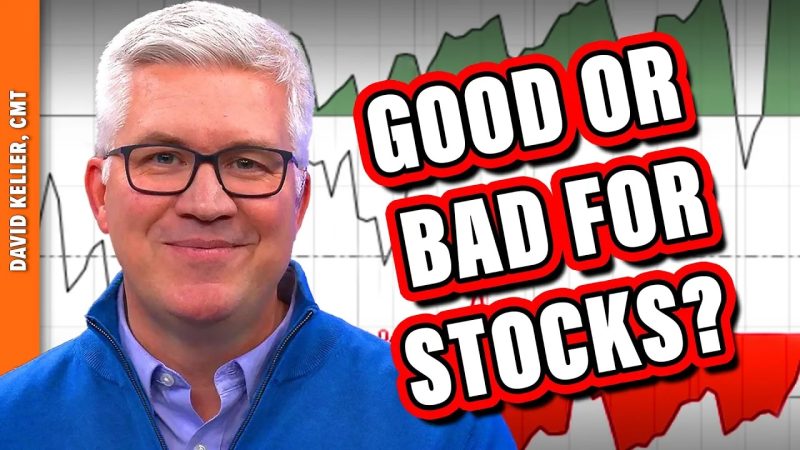Are Extremely Overbought Conditions Good or Bad for Stocks?
When discussing the implications of overbought conditions on the stock market, it is crucial to consider both the potential benefits and risks associated with such situations. Overbought conditions occur when the price of a security or an index rises more rapidly and to a higher level than its underlying fundamentals suggest. This phenomenon is typically a result of heightened market optimism, momentum trading, or speculative frenzy. While overbought conditions can be indicators of strong market sentiment, they can also signal potential trouble ahead.
One of the primary arguments in favor of overbought conditions is that they reflect positive market sentiment and strong investor confidence. When prices are driven higher due to increased buying activity, it indicates widespread optimism about the underlying securities’ prospects. This can attract more buyers, further fueling the upward momentum and potentially leading to significant gains for investors. In such cases, overbought conditions may signal a healthy and robust market environment characterized by strong demand for stocks.
Moreover, overbought conditions can also be advantageous for short-term traders who capitalize on momentum-driven price movements. Investors seeking quick profits may benefit from riding the wave of overbought conditions, as prices continue to climb higher in the short term. However, it is important for traders to exercise caution and implement risk management strategies, as overbought conditions can also increase the likelihood of sharp corrections or market reversals.
On the flip side, overbought conditions also come with inherent risks that investors should be mindful of. One of the main concerns associated with overbought markets is the potential for a sudden and significant pullback in prices. When securities are trading at levels significantly above their intrinsic value, they become more susceptible to profit-taking activities and market corrections. This can lead to sharp price declines, eroding gains for investors who bought into the market at overbought levels.
Additionally, overbought conditions can create market imbalances and distortions that may increase the likelihood of a market bubble. Excessive buying activity driven by speculative euphoria can result in inflated asset prices that are disconnected from their underlying fundamentals. In such cases, a market correction becomes inevitable as prices revert to more sustainable levels, potentially causing significant losses for investors caught in the downturn.
In conclusion, overbought conditions can have both positive and negative implications for the stock market. While they may signal strong market sentiment and present short-term trading opportunities, investors should exercise caution and be aware of the risks associated with overbought markets. By understanding the dynamics at play and maintaining a disciplined approach to investing, investors can navigate overbought conditions prudently and make informed decisions to protect their portfolios in the face of potential market volatility.
